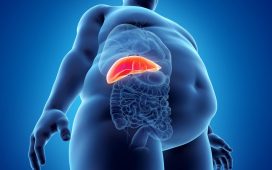No significant reduction seen in opioid overdose deaths with implementation of evidence-based practice strategies
By Elana Gotkine HealthDay Reporter
TUESDAY, June 18, 2024 (HealthDay News) — A multimodal intervention trial implementing evidence-based practice strategies does not reduce opioid overdose deaths, according to a study published online June 16 in the New England Journal of Medicine to coincide with the annual scientific meeting of the College on Problems of Drug Dependence, held from June 16 to 19 in Montreal.
Jeffrey H. Samet, M.D., M.P.H., from Boston Medical Center, and colleagues randomly assigned 67 communities in Kentucky, Massachusetts, New York, and Ohio to receive a community-engaged intervention to reduce opioid-related overdose deaths or wait-list control (34 and 33 communities, respectively).
The researchers found that the population-averaged rates of opioid-related overdose deaths were similar in the intervention and control groups during the comparison period from July 2021 through June 2022 (47.2 versus 51.7 deaths per 100,000 population), for an adjusted rate ratio of 0.91 (95 percent confidence interval, 0.76 to 1.09; P = 0.30). There was no appreciable difference noted in the effect of the intervention on the rate of opioid-related overdose deaths according to state, urban or rural category, age, sex, or race or ethnic group. Intervention communities implemented 615 of 806 evidence-based practice strategies selected by communities.
“Although there were no significant between-group differences in the rate of opioid-related overdose deaths, the trial showed that the Communities That Heal community-engaged intervention, with its leveraging of community coalitions and a data-driven approach, can bring about meaningful progress in implementing evidence-based practices,” the authors write.
Several authors disclosed ties to the pharmaceutical industry.
Copyright © 2024 HealthDay. All rights reserved.








